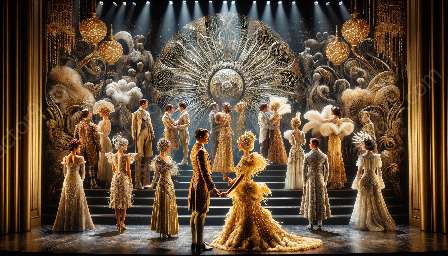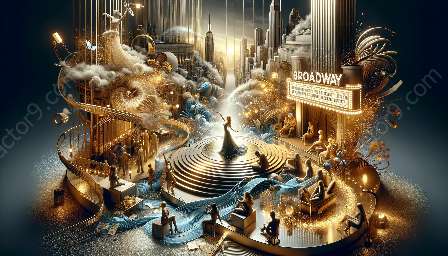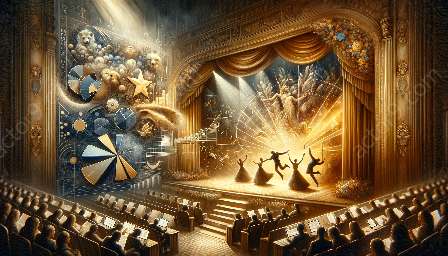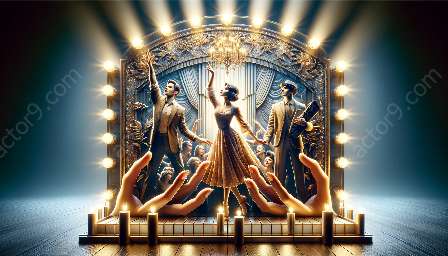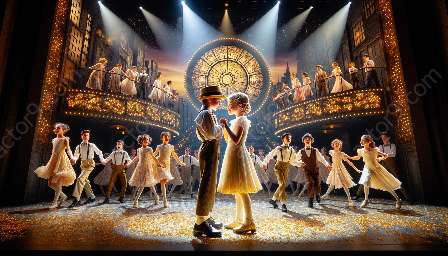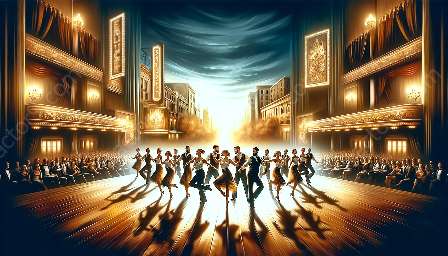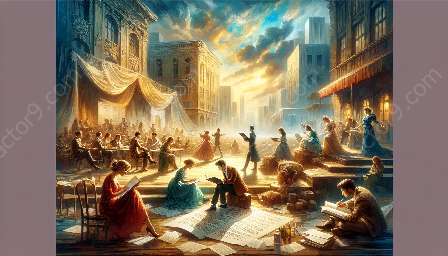The Importance of Historical Accuracy and Ethical Storytelling in Broadway
Broadway and musical theater are powerful storytelling platforms that have the ability to transport audiences to different times and places. As such, the portrayal of historical events and figures raises questions about the importance of historical accuracy and ethical storytelling.
Historical Accuracy in Broadway
Historical accuracy refers to the faithfulness of a portrayal to the actual historical events and characters it represents. In the context of Broadway, historical accuracy is essential to provide audiences with a genuine understanding of the time period being depicted. When writers, directors, and actors strive for historical accuracy, they contribute to a more authentic and immersive theater experience.
Accuracy in costume design, language, and cultural norms can lend an air of authenticity to a production. However, it's important for Broadway creators to balance historical fidelity with creative interpretation. While adherence to historical details is crucial, artistic license often allows for creative exploration and imaginative storytelling.
Ethical Storytelling in Broadway
Ethical storytelling involves a commitment to truthfulness, fairness, and respect for the subject matter being depicted. This applies to the portrayal of historical events and individuals as well as fictional narratives. It encompasses considerations such as cultural sensitivity, representation, and the impact of the stories being told on diverse audiences.
Actors and creators in Broadway have a responsibility to ensure that their storytelling is ethical, particularly when representing real historical figures or events. Ethical storytelling involves thoughtful research, empathy, and an understanding of the social and cultural context surrounding the story being told. By prioritizing ethical storytelling, Broadway can contribute to a more inclusive and understanding society.
Acting Ethics in Broadway
Acting ethics play a significant role in upholding the values of historical accuracy and ethical storytelling in Broadway. Actors are instrumental in bringing historical and fictional characters to life with integrity and respect. This involves a dedication to portraying characters in a well-researched and authentic manner, as well as understanding the impact of their performances on audiences.
Acting ethics also encompass issues such as representation, diversity, and the use of stereotypes. By upholding high ethical standards, actors contribute to a more respectful and inclusive theatrical landscape, allowing for deeper and more meaningful engagement with the stories being told on stage.
Intersection of Broadway and Musical Theater
Broadway and musical theater serve as platforms for the convergence of historical accuracy, ethical storytelling, and acting ethics. Musicals often bring historical narratives to life through music, dance, and dialogue, presenting unique challenges and opportunities for creators and performers.
Embracing historical accuracy and ethical storytelling in musical theater can enrich the audience's experience by providing a deeper understanding of the cultural and historical context of the stories being told. Furthermore, the harmonious combination of acting ethics and storytelling principles in musical theater contributes to the creation of compelling and impactful performances.
Conclusion
The discussion of historical accuracy and ethical storytelling in Broadway intersects with the principles of acting ethics and the distinctive world of musical theater. By understanding the importance of historical accuracy and ethical storytelling, Broadway can continue to serve as a powerful platform for meaningful and culturally significant storytelling, enriching the experiences of both performers and audiences alike.







